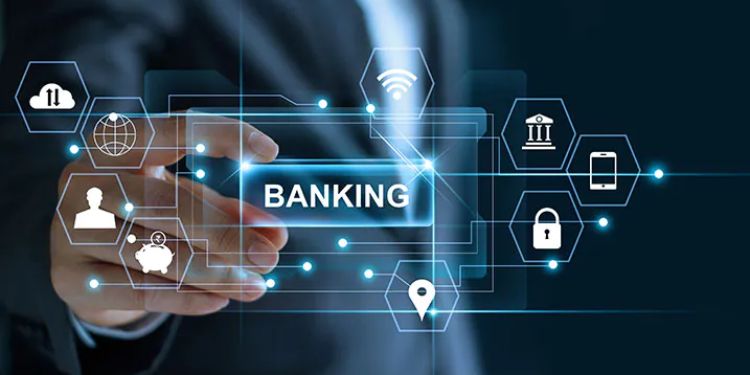

In today’s digital age, online banking has become a convenient way to manage finances, transfer funds, and pay bills. However, with the convenience comes the responsibility of ensuring the security of your financial assets. This article will guide you through the essential measures to keep your money safe in the online banking realm.
Online banking is not without its risks. It’s crucial to be aware of common threats, including:
To protect yourself from these threats, consider these security measures:
When selecting a bank for your online transactions, consider factors like their history of security breaches and their security features.
For those who prefer mobile banking, it’s vital to ensure that your mobile device is secure. Install banking apps only from trusted sources and enable security features such as biometric authentication.
Always keep your devices and apps up to date, as software updates often include security patches that protect against known vulnerabilities.
Avoid using public Wi-Fi for online banking, as these networks can be less secure. If necessary, use a virtual private network (VPN) to encrypt your connection.
Stay informed about the latest online threats and best security practices. The more you know, the better you can protect yourself.
If you notice any unusual activity in your online banking accounts, report it immediately to your bank. Early intervention can prevent significant financial loss.
Guard your personal information carefully. Avoid sharing sensitive data with unverified sources and be cautious about what you disclose on social media.
When making online payments, ensure that the website is secure (look for “https” in the URL), and use secure payment methods.
Regularly back up your financial data to prevent data loss in the event of cyberattacks. Consider cloud-based storage or external hard drives for backups.
Explore options for cyber insurance to protect your finances in case of a security breach.
In a world where convenience often goes hand in hand with risk, safeguarding your financial assets is paramount. By following the steps outlined in this article, you can ensure that your money remains safe in the realm of online banking.
If you receive a suspicious email, do not click on any links or provide personal information. Instead, contact your bank’s official customer support to verify the email’s legitimacy.
It’s a good practice to change your online banking password regularly, at least every 3-6 months.
Using online banking apps on public Wi-Fi is risky. If you need to access your accounts in such environments, use a VPN for added security.
No, not all mobile banking apps are trustworthy. Only download apps from the official app stores and verify the app’s authenticity before using it.
If you suspect online banking fraud, contact your bank immediately to report the issue and take necessary actions to secure your accounts.